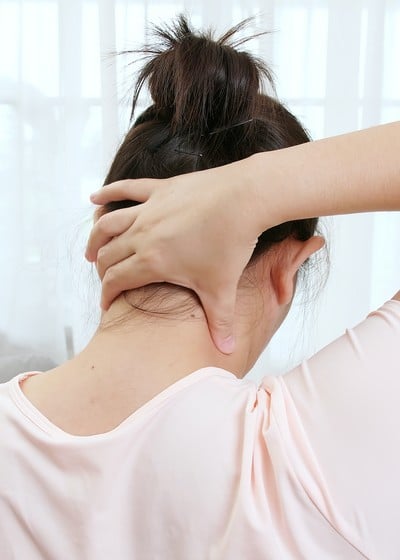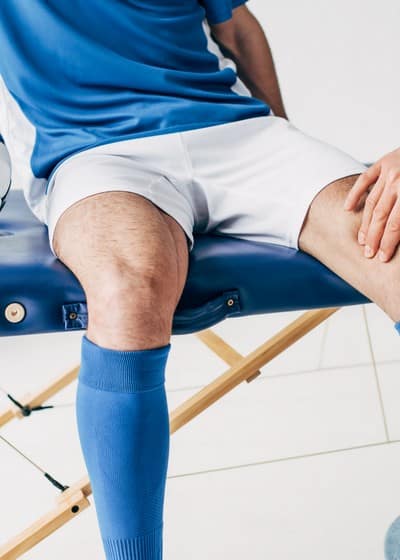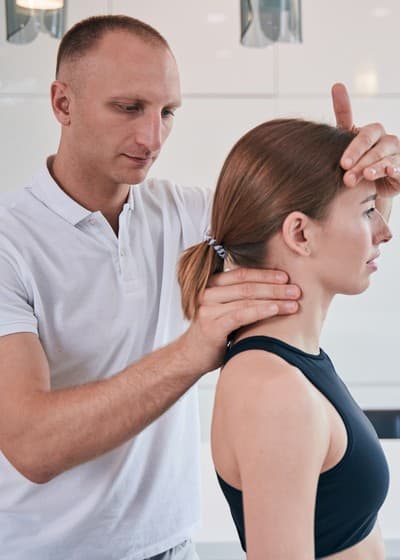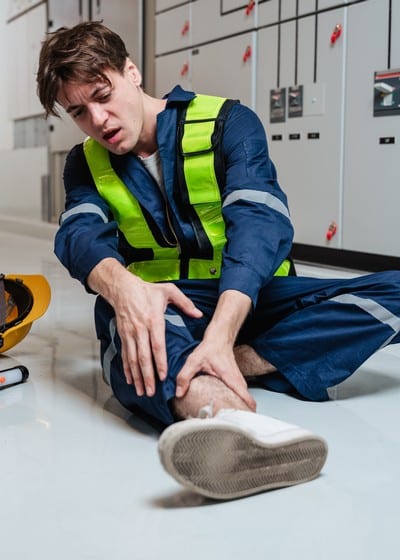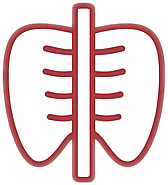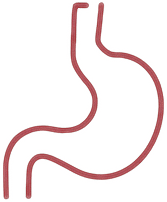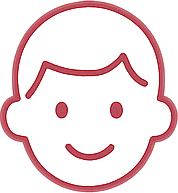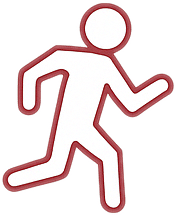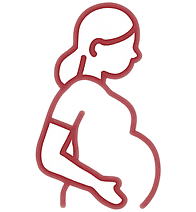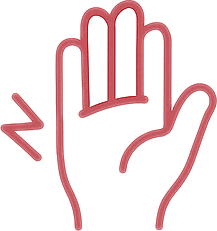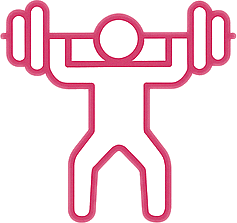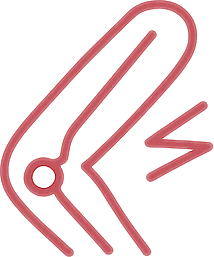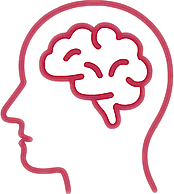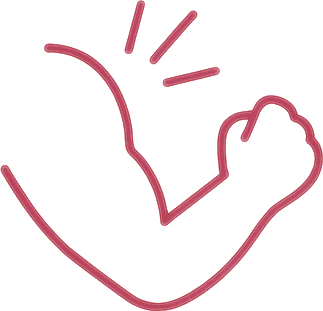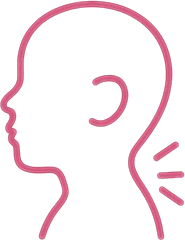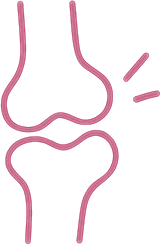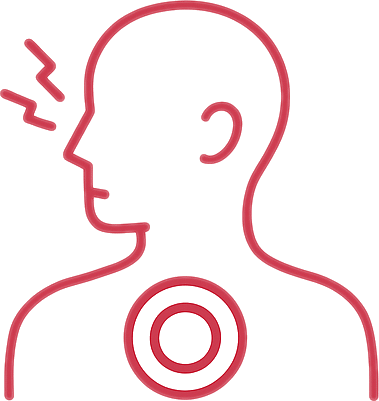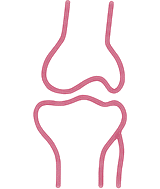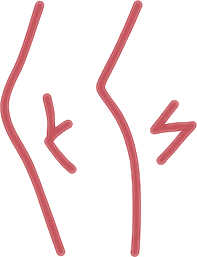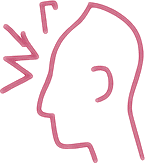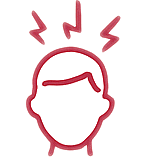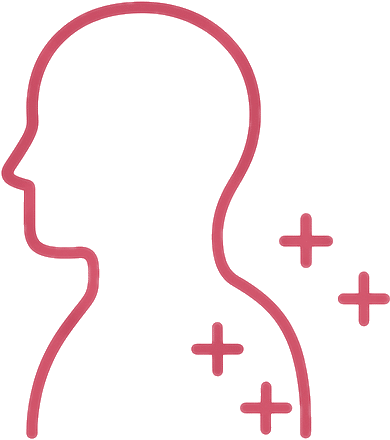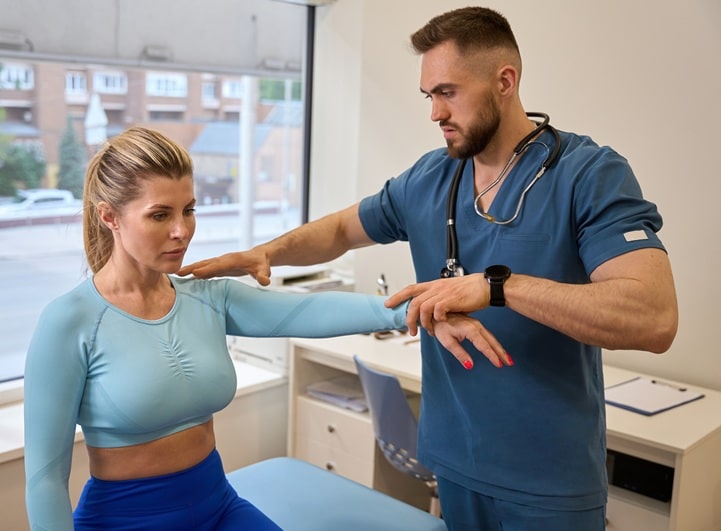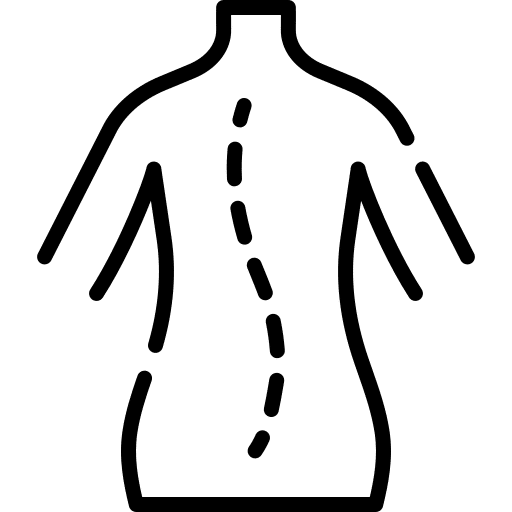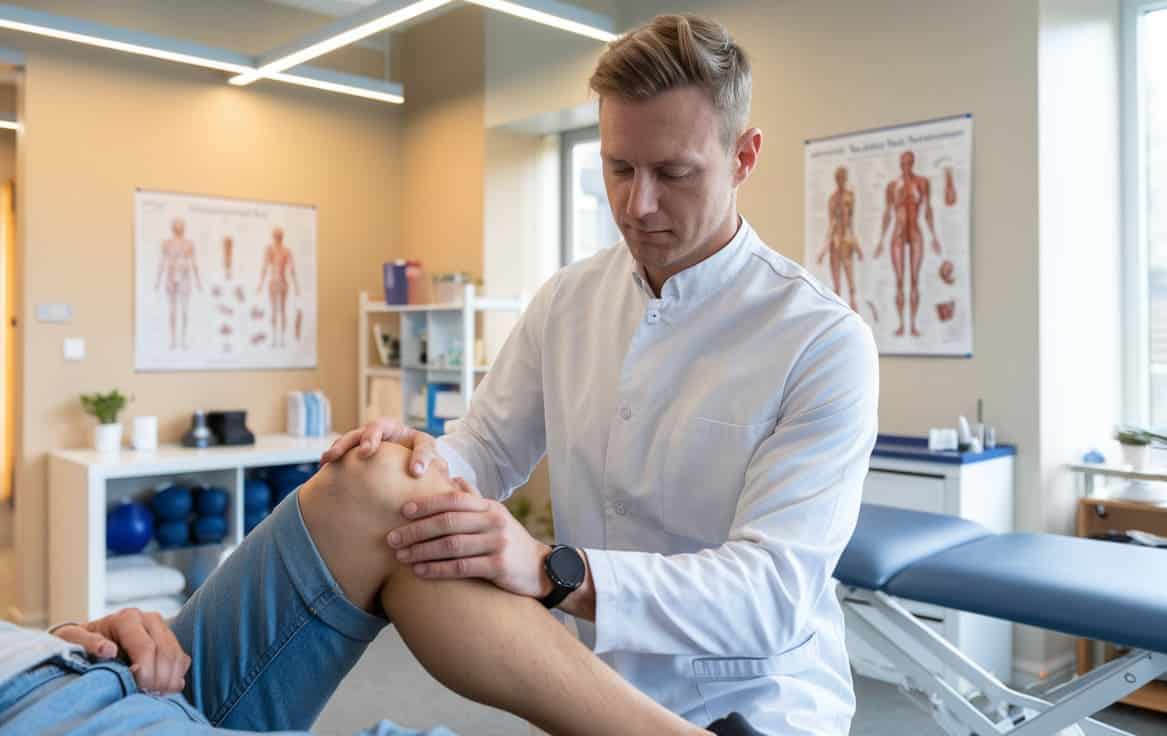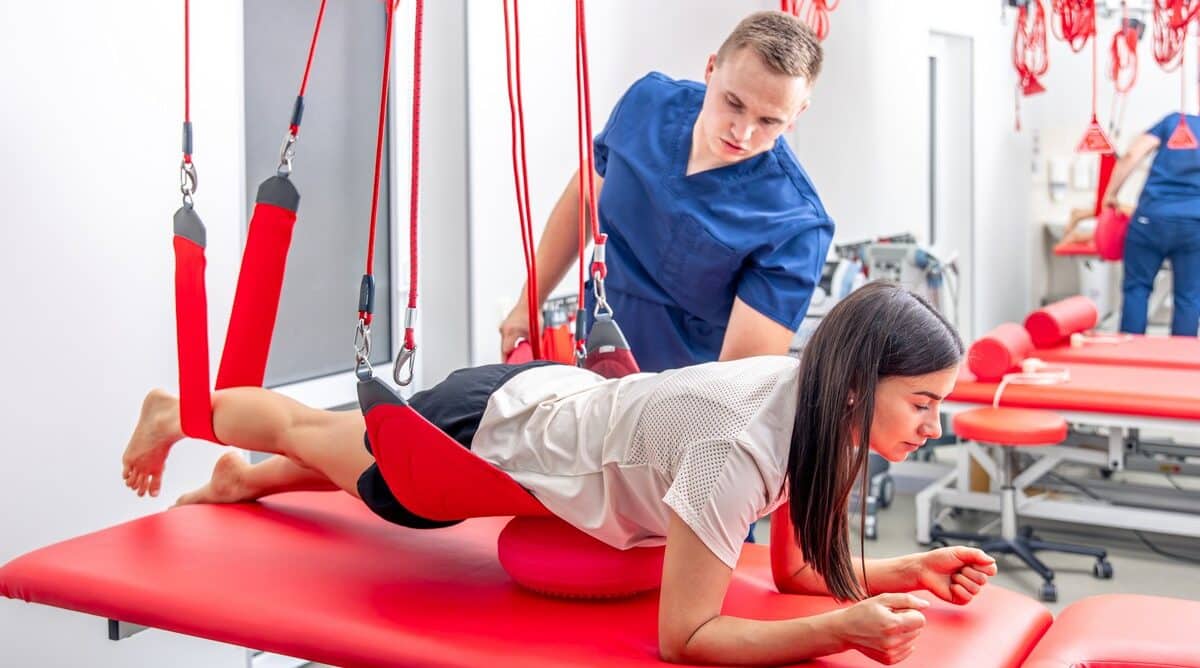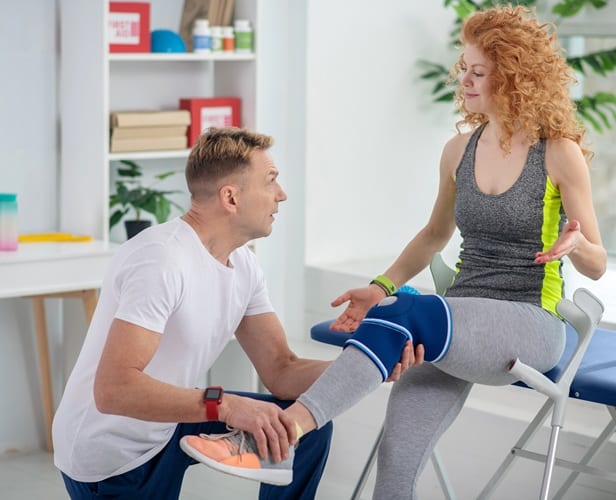After a session, children experience a range of sensations, and understanding these responses eases anxiety for both child and parent. Some children notice a gentle tiredness or a warm, “free” feeling in areas previously stiff or unused. This change reveals how therapy awakens dormant movement pathways or relaxes chronic muscle tension.
Breakthroughs don’t always feel dramatic—sometimes it’s a quiet shift in how your child stands, sits, or laughs.
Immediate Physical Reactions
Right after treatment, common reactions include:
- Delayed-onset mild muscle soreness, like after unfamiliar exercise
- Temporary fatigue, especially after balance or strength drills
- New sense of joint “ease,” allowing smoother movement
Short-Lived Minor Discomfort
Occasionally, children feel slightly off-balance, as their bodies adopt novel activation patterns. This is expected and typically fades after rest or the first night’s sleep.
Emotional and Behavioral Shifts
Therapy sparks more than physical change. Young children may seem more animated (overflowing pride from a new skill) or momentarily clingy (processing unfamiliar effort). Observant parents see such subtle cues as progress markers, not setbacks.
What Needs Attention
- Mild discomfort that fades within 48 hours is normal
- If pain grows worse over days, or if swelling or limp develops, notify your physiotherapist immediately
- Mood shifts that do not relax after a day warrant an extra check-in
- Encourage your child to talk about sensations and feelings—often new movement brings relief and confidence
At-Home Tips for Recovery
- Encourage relaxed activity: walking, playground play, and gentle stretching
- Stick to home exercise plans precisely as shown
- Hydrate, and ensure extra sleep on therapy days
- Avoid new activities for 24 hours unless specifically approved
A table of typical sensations and what they mean:
| Sensation | Expected Duration | Typical Meaning | Action Needed |
|---|
| Mild muscle soreness | 24–48 hours | Muscle activation, healthy stress | Continue as planned |
| Restorative tiredness | 12–24 hours | System adaptation | Allow extra rest |
| Improved movement quality | Ongoing | Therapy success | Reinforce with daily activity |
| Unusual discomfort | >48 hours | Possibly over-challenged | Contact therapist for advice |


